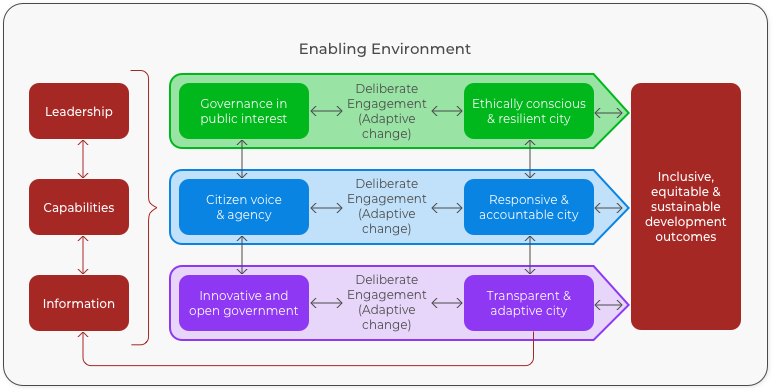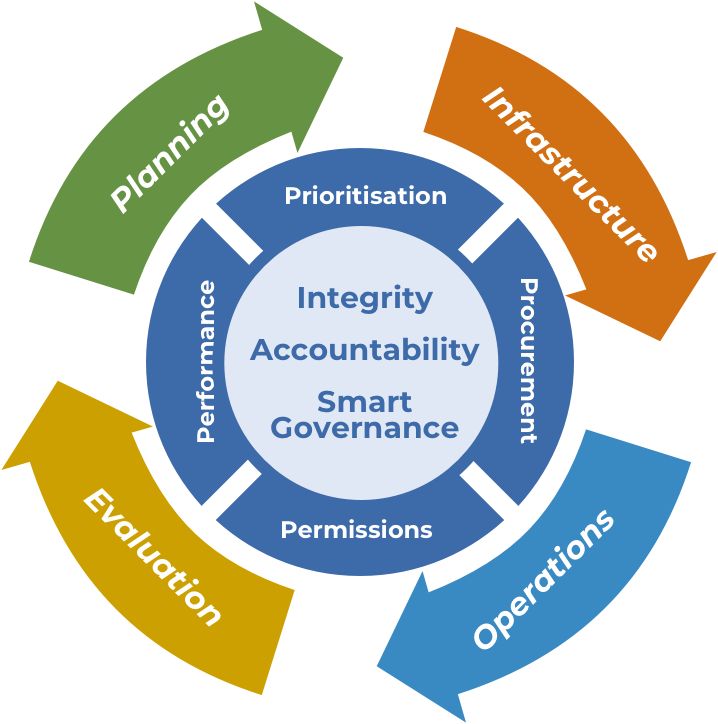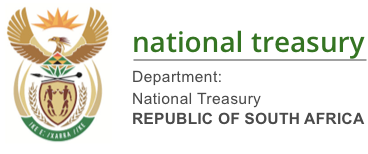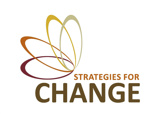The project will enable cities to do the following:
- Conduct self-assessments of their current integrity and social accountability policies
and
practices in the context of land and
infrastructure development.
- Improve their performance through access to tools and good practices.
- Support better governance through smart city solutions particularly the open
government/data agenda.
- Address key areas of integrity and social accountability vulnerability in the urban
development project cycle.
- Engage in a deliberative process of learning to tackle and resolve complex community //
political // administrative // inter-
governmental interface challenges in the urban development decision-making process.
The three thematic work areas of the InTAcT project are
inter-related and focus on a process of deliberative engagement geared to facilitate adaptive
change to enhance performance. The project is geared towards a single, integrated, but
multi-faceted, framework and methodology to support integrity, social accountability and
transparency – as reflected in the diagram below.

The project approach is rooted in peer
learning and
self-assessment. It does not involve any inspection or auditing. Formal auditing of governance
performance already happens through the audit process by the Office of the Auditor-General and
through the variety of reporting mechanisms between cities and national and provincial
departments. The project will not duplicate these processes in any way. It is not a new or
additional form of reporting. It will also not produce assessment scores that allow cities
performance to be compared.
The project objective is rather to help cities improve their governance performance related to
land and infrastructure development through internal reflection, shared learning and
collaborative innovation. It acknowledges that all cities have some examples of positive
practice and all cities have room to improve.
The project realises that the integrity, social accountability and transparency challenges that
a city faces are often complex, contested and context-specific, and that there are not
necessarily simple recipes or easy answers. The project will thus also provide cities with
proven approaches to help clarify these challenges and generate sustainable solutions.
All cities are invited to participate in the project. Please advise your CSP
Coordinator if
you wish to participate. The Coordinator will work with an official designated by the city
to set up the process within the city. The designated official would also serve on a project
reference group.
What will be expected of cities?
Participation in self-assessment
Once a city has agreed to participate in the programme, the first major activity they will
engage in will be a process of self-assessments, reviewing land and infrastructure
development processes from the perspective of integrity and social accountability. An
assessment framework based on current global practice and aligned with South African policy
and legislation is being developed and will be canvassed with the cities through the project
reference group.
The intention is that these self-assessments will be done in the period November 2017 to
June 2018 and will be facilitated in each city by an independent expert provided by CSP.
Each assessment will take approximately four days.
Each city will nominate an assessment team who will arrange the assessment programme and
interview and workshop a self-assessment questionnaire with various internal stakeholders
including the political leadership, senior management and other staff at various levels.
These engagements will be used to complete the assessment. The outcomes will be presented to
the Mayor and Municipal Manager for confirmation. The review team with support from the
independent expert will then draft city integrity and accountability improvement plans to
address key challenges highlighted in the assessment and to leverage good practice
identified in the city.
Completion of smart governance questionnaire
The project will circulate a questionnaire regarding smart governance practices in the city
to identify the policies in place regarding smart cities and open government. This survey
will be the basis for developing a set of smart governance tools and good practice briefs.
This work will also be the basis for a Cities Open Data Working Group.
Case study and tools development
The next phase of the project will involve writing up case studies and tools to support the
improvement plans. This will draw on good practice and innovation in South African cities
and elsewhere. It will also involve working with cities to explore key challenges they
experience in the land and infrastructure development decision-making cycles and how to
address these.
Participation in learning events
The first phase of the project will culminate in a inter-city learning event in June 2018
where the good practice and lessons from the process will be showcased. Practitioners from
all participating cities will have the opportunity to reflect on the learning from the
process.
Participating cities will be able to benefit from a facilitated opportunity for reflection
and
identification of good practice and areas of improvement. They will have city integrity and
accountability improvement plans to guide future actions and interactions with local
stakeholders. They will also have access to integrity, transparency and social
accountability
tools and good practice examples through an online repository.
View InTAcT
Knowledge Repository
But there are other benefits as well, which are at the level of outcomes.
High levels of public
integrity, social accountability and transparency establish city legitimacy and produce a
relationship of trust and confidence with citizens and stakeholders. They facilitate
improved
and more accountable service delivery. They promote social development and social cohesion
and
contribute to reduced levels of conflict and dissatisfaction. They are effective drivers of
investment and improved economic performance.
The project is overseen by a Steering Committee comprising National Treasury, the Department
of Cooperative Governance (COGTA), the South African Local Government Association (SALGA),
the Department of Planning, Monitoring and Evaluation (DPME) and the South African Cities
Network (SACN) and a Reference Group which also includes all participating cities.
An external team of specialists from the following organisations are currently running the
InTAcT project, on behalf of the Cities Support Programme:







